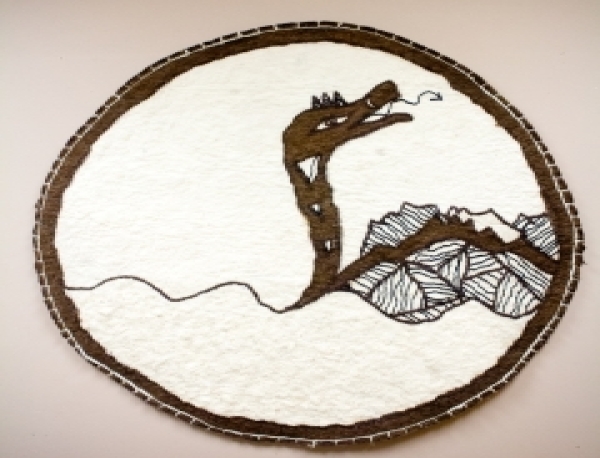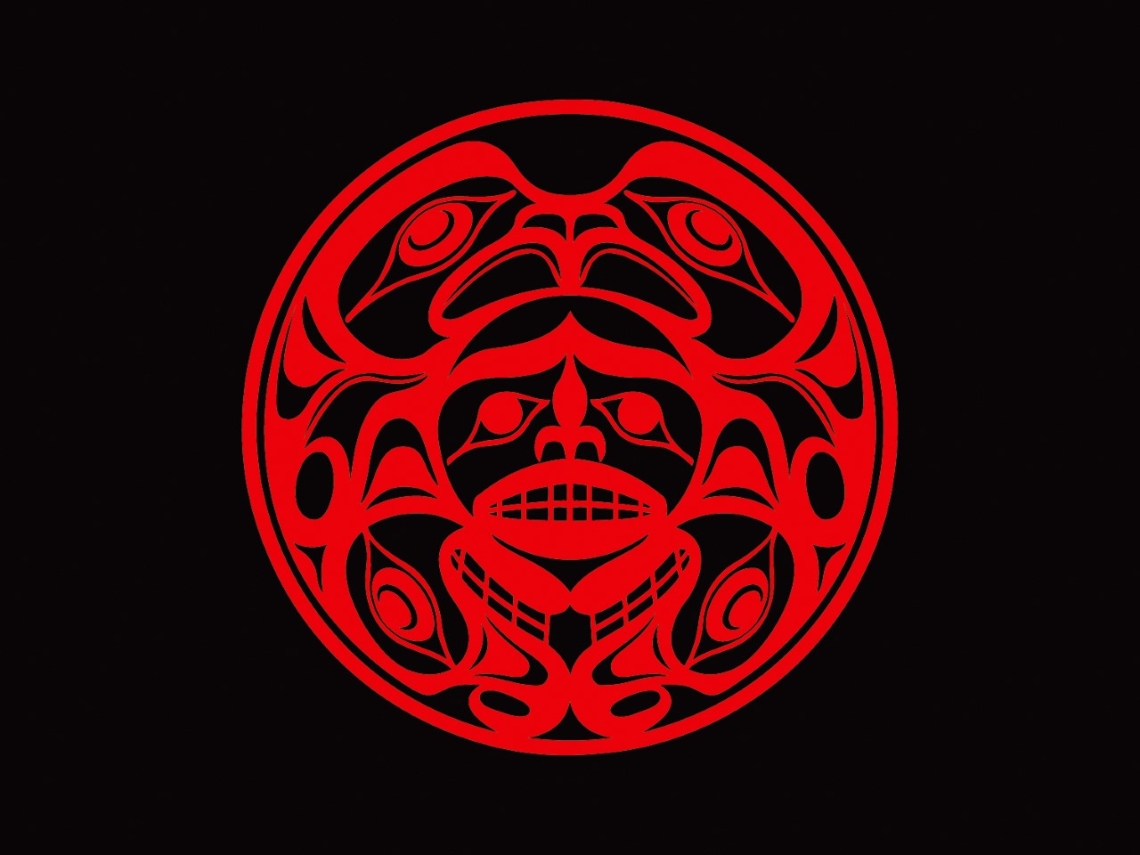
The Indigenous/Xwulmuxw Studies Department resides in and acknowledges Snuneymuxw traditional territory. The Department is also privileged to offer courses on regional campuses in Quw’utsun and Tla’amin traditional territories.
The Indigenous/Xwulmuxw Studies Program is a community-based program founded in 1993 as a special and unique collaborative initiative involving Vancouver Island University (then Malaspina University College), the Snuneymuxw First Nation, Cowichan Tribes, Sna Naw As First Nation, Nuu Chah Nulth Tribal Council, and Kwakwaka’wak communities for the purposes of:
- providing access for local Indigenous students to advanced educational opportunities;
- creating a culturally responsive context for Indigenous students to participate in postsecondary education;
- addressing the need to increase Indigenous student success and completion at the postsecondary level;
- formalizing an Indigenous community presence on campus;
- assuring a multi-cultural teaching and learning environment;
- co-developing a curriculum subject to community input and vetting.

VIU Indigenous/Xwulmuxw Studies Department Emblem
This program was a bold and innovative attempt to achieve "Aboriginal control of Aboriginal education" in a public, postsecondary institution. The BC Ministry of Advanced Education provided special funding in order to create that space, which was unique (and remains so) in Canada. Unlike other Native Studies programs, this program intentionally oriented itself toward its founding communities.
In order to frame the teaching and learning components of First Nations Studies, it is important to understand that the Department’s aim is to offer students an educational experience grounded in both local Indigenous knowledge and solid academic context. In this way, students carry forward our founding Elder Dr. Ellen White’s Snuneymuxw philosophy of “walking in both worlds with both hands full.” It is our experience that local Indigenous Knowledge and academic practice are mutually supportive. Both ways of knowing, learning, and working share strategies and skills for critical thinking and problem solving, as well nurturing essential intellectual, civic and practical capacities. Locally grounded Indigenous Knowledge does, however, distinguish itself in several areas of our approach to teaching and learning. Perhaps most significantly, the presence of Indigenous Knowledge in Indigenous/Xwulmuxw Studies classrooms reaffirms the importance of working with the human/cultural/ territorial resources on Vancouver Island in order to address larger contexts. In this view, the local lands and people are the starting point for students understanding and appreciating a world beyond their immediate environment. Conversely, the program emphasis on academic skill development (including advanced reading and writing) is based on the understanding that rigorous training on this front is necessary for student success outside the program, and in further education. To this end, the program integrally invests in high level academic practice, while foregrounding Indigenous Knowledge through team-teaching, the presence of Elders and Knowledge Keepers, and ongoing interactions with local First Nations communities.
Arts One - First Nations Studies includes FNAT 101 (Exploring Indigenous Identities) and FNAT 102 (Exploring Indigenous Communities) which form the first year core of VIU's First Nations Studies program. Arts One is an introductory program which explores the history of First Nations people and their interaction with Western cultures. If you so choose, you can take what you learn in Arts One and branch off into various Humanities, Social Sciences, or other programs or courses that will lead you into numerous career paths. This program is a great program for new students to take, as it slowly immerses you into student life and will help you learn many of the research and writing skills that will prove to be invaluable to the rest of your education and even your future career. Students in the Arts One program tend to form a tight knit community and eagerly participate in termend feasts to celebrate. Our beloved elder, Auntie Delores, provides a great deal of support to the students in Arts One, both within and outside the classroom. Second Year - First Nations Studies is a relatively new addition to the First Nations Studies program. The second year core program includes FNAT 203 (Indigenous and Settler Relations) and FNAT 204 (Indigenous Perspectives on the Environment).
First Nations Studies includes FNAT 303 (Indigenous Families and Communities) and FNAT 404 (Indigenous Self-Determination).
As with the core course in other years, both of these are six units each. Fourth Year - First Nations Studies is another new addition to the program and includes FNAT 403 (Senior Project and Indigenous Research Methods) and FNAT 404 (Internship). The Indigenous/Xwulmuxw Studies Department offers a four-year BA program for both majors and minors. The program mandate features three priorities.
- To develop and maintain high-quality education, respectful of all Indigenous cultures, and implemented collaboratively between VIU and regional First Nations.
- To access local Indigenous knowledge and expertise to enhance and support an academic curriculum.
- To support and train students (both Indigenous and non-Indigenous) to take active roles in their home communities, in academia, and within an international context. The Indigenous/Xwulmuxw Studies Department values, at its core, the relationships created through collaboration with and respect for Indigenous communities, their traditional lands, and VIU. As a result, the Department contributes in a singular way to VIU’s overall advocacy of equity, respect, cross-cultural sharing, and academic excellence.
